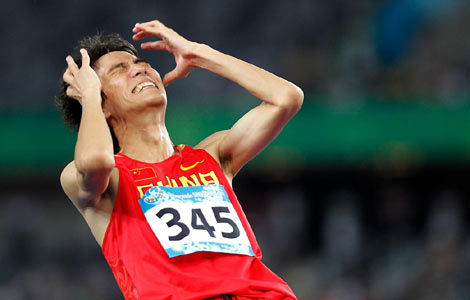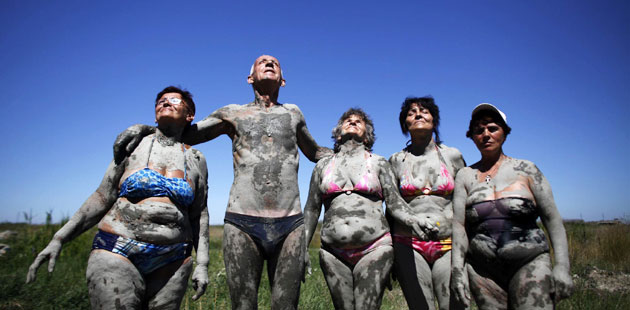Iran shows UN official all nuclear sites -envoy
Updated: 2011-08-24 09:24
(Agencies)
|
|||||||||||
VIENNA - Iran allowed a senior UN nuclear inspector rare access to a facility for developing advanced uranium enrichment machines during a tour of all of the country's main atomic sites, an Iranian envoy said on Tuesday.
Ali Asghar Soltanieh, Iran's ambassador to the International Atomic Energy Agency, said last week's visit to Iranian nuclear facilities by IAEA Deputy Director General Herman Nackaerts showed Tehran's "100 percent transparency and openness".
Nackaerts, head of the UN nuclear watchdog's safeguards department, spent five days in Iran on a visit that coincided with a new push by Russia to revive deadlocked diplomatic talks between Tehran and six major powers.
Western nations suspect Iran is trying to use its nuclear programme to develop atomic weapons. The Islamic Republic has denied the charge, saying it wants to produce nuclear energy.
If Iran succeeds in building modernised centrifuge equipment on a large scale, it could significantly speed up production of enriched uranium, which can be used to fuel atomic power plants or provide material for bombs, if refined much further.
Tehran has enriched uranium so far primarily with an outmoded vintage of centrifuge based on a 1970s design.
Faced with growing Western pressure, Iran has in the past at times shown increased nuclear transparency to help ward off harsher international steps against the country, but without bowing to Western demands that it suspend enrichment.
"A one-off openness isn't enough," a European diplomat said. "I would be amazed if they are changing their policy radically."
The IAEA confirmed that Nackaerts had been in Iran but gave no details of his trip. His department is responsible for checking that nuclear material is not used for weapons.
Earlier this year, the IAEA said it had been trying since early 2008 to gain access to sites linked to the manufacture of machines used to refine uranium, but Iran had ignored all requests.
Nackaerts' predecessor, Olli Heinonen, said the last time the agency visited a research and development facility for centrifuges was when he and then-IAEA chief Mohamed ElBaradei went to a site in Tehran in 2008.
It was unclear whether Nackaerts visited the same place.
UNDERGROUND BUNKER
The visit's importance depended on what was shown and whether issues of substance were discussed, Heinonen told Reuters: "There is difference between seeing and sightseeing."
Soltanieh said Nackaerts had also been at a heavy water production plant that the IAEA has long wanted to inspect.
Heavy water reactors can yield plutonium, one of the two prime components besides highly-enriched uranium in atom bombs.
The tour also included stops at Iran's enrichment plant at Natanz and other sites, which the agency inspects regularly.
"This was a very big step to show our spirit of cooperation and transparency with the agency," Soltanieh said in Vienna.
The two sides agreed during the visit on how UN inspectors would monitor activities at an underground bunker near the holy city of Qom, a facility to which Iran is preparing to shift its higher-grade uranium enrichment from Natanz, Soltanieh said.
Western officials and analysts say that by producing 20 percent enriched material Iran has taken a significant step closer to the 90 percent threshold suitable for atom bombs. Iran says the material is for making fuel for a research reactor.
Relations between Iran and the IAEA became increasingly strained over the last year, with the UN body voicing growing concern over possible military links to Tehran's nuclear work and repeatedly urging it to address those issues.
Soltanieh said Nackaerts met with Iran's atomic energy organisation head, Fereydoun Abbasi-Davani, to discuss how to deal with "questions of the agency", without elaborating.
The IAEA has been investigating Western intelligence reports indicating Iran has coordinated efforts to process uranium, test explosives at high altitude and revamp a ballistic missile cone so it could take a atom warhead. Iran rejects the allegations.
Tehran's refusal to halt enrichment has led to four rounds of UN sanctions on the world's No 5 oil exporting state, as well as tighter US and European Union restrictions.
Since talks between global powers and Iran foundered in January, Russia has advocated a phased plan in which Tehran would address concerns that it may be seeking nuclear weapons, and be rewarded with an easing of sanctions.
- Live Report: Gadhafi says withdrawal tactical move
- Tougher penalties for sea pollution
- Moody's cuts Japan rating to Aa3
- 5 detained over toxic waste dumping
- 26 trapped after coal mine floods
- Japan Prime Minister on way out
- Live Report: Gadhafi on the run as rebels fight
- More trains slow to improve safety
Hot Topics
The European Central Bank (ECB) held a conference call late on Sunday ahead of the market opening, pledging the ECB will step in to buy eurozone bonds with efforts to forestall the euro zone's debt crisis from spreading.
Editor's Picks

|
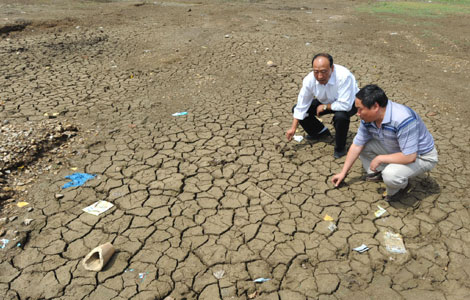
|

|
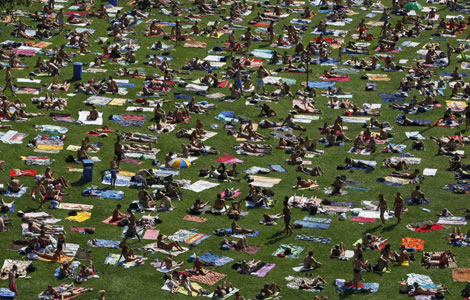
|
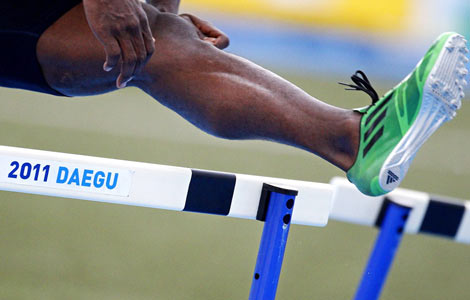
|
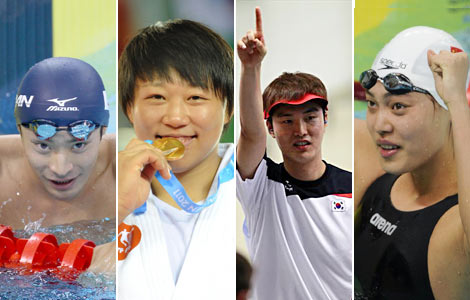
|


